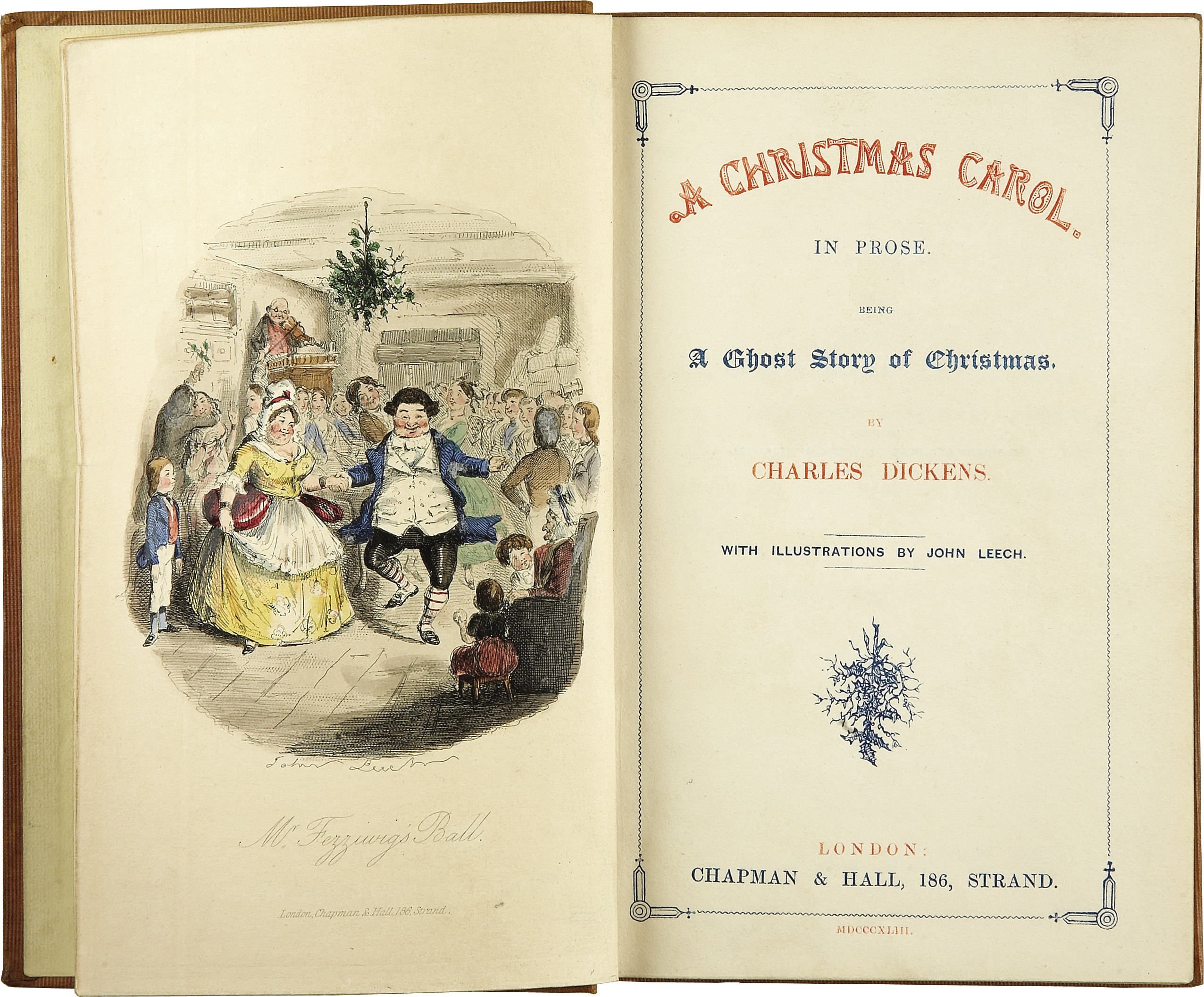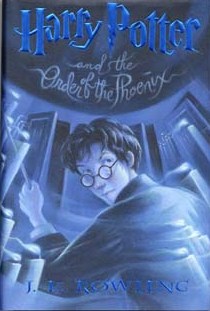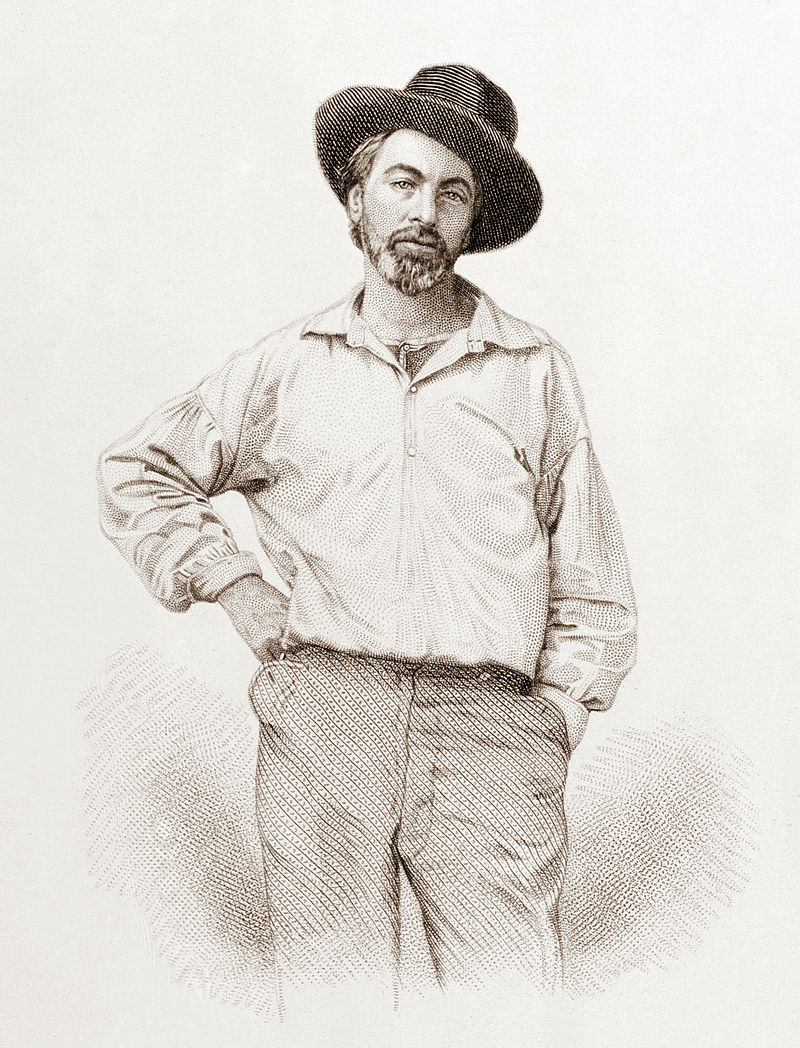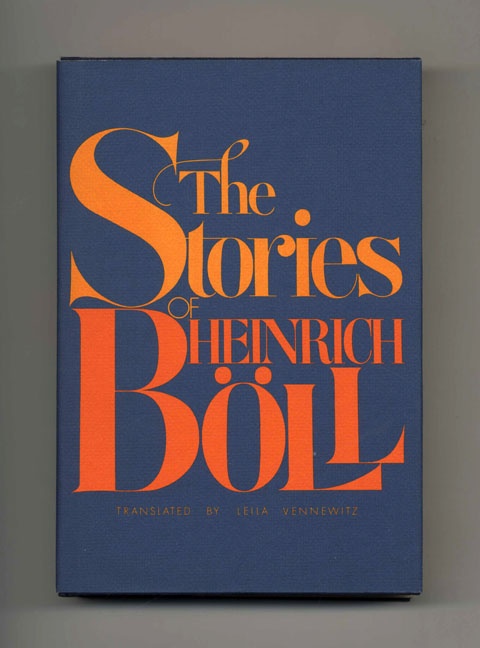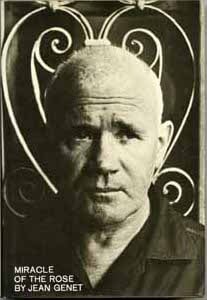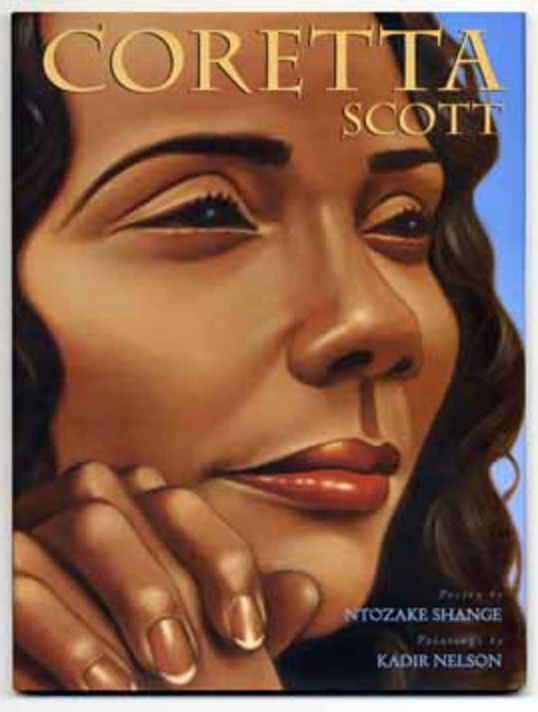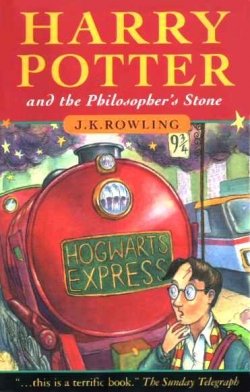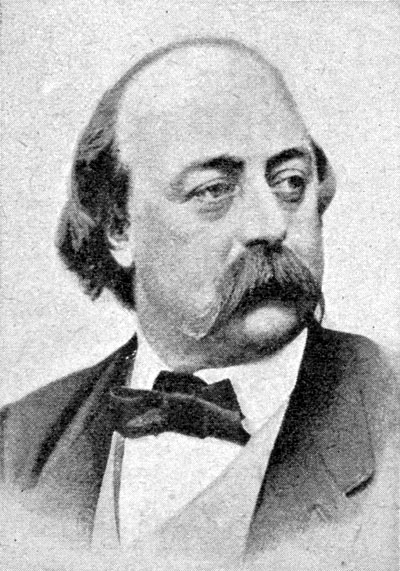Earlier this year, we had the pleasure of visiting Ulysses Rare Books in Dublin, Ireland. We were so thrilled to see some of the most interesting rare first editions of the most significant works of Irish literature in the shop, from those of W.B. Yeats to James Joyce to Seamus Heaney. We were lucky enough to learn a bit more through an interview with one of the shop’s co-owners, Aisling Cunningham, who runs the bookstore with her brother, David.
us toll free: 1-800-948-5563 international: +1 (843) 849-0283 UK: +44 (0) 1334 260018





